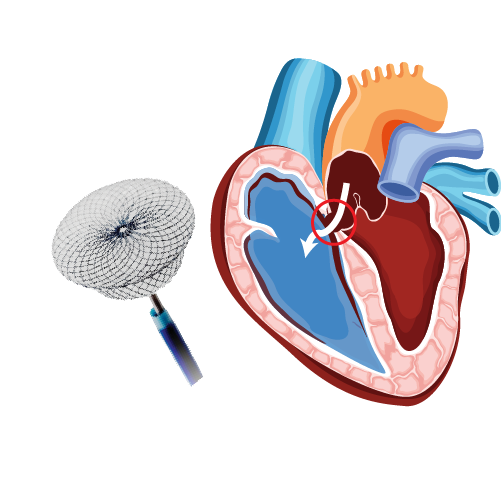Brain Stroke in the Young
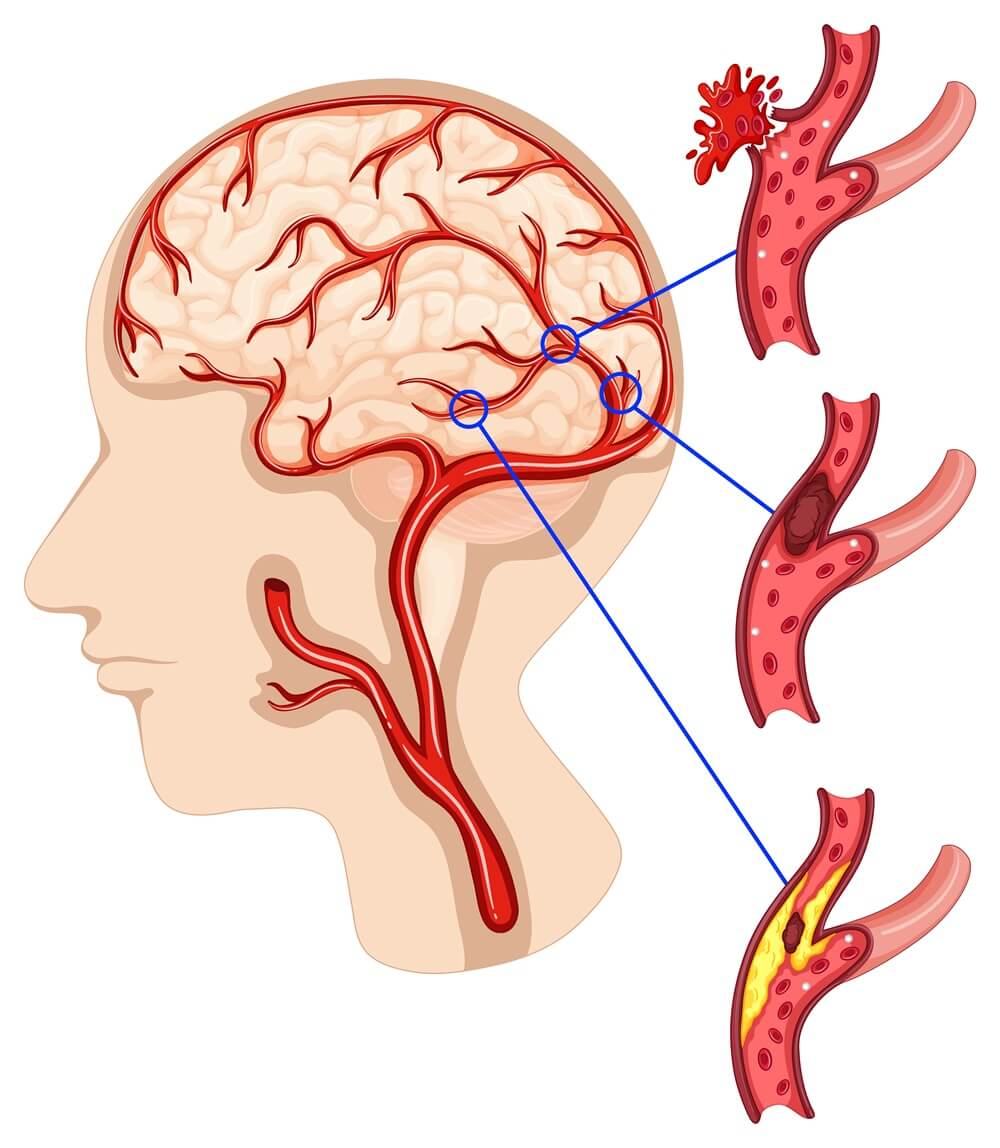

Stroke is a debilitating medical condition that occurs when a blood vessel in the brain bursts or is blocked and obstructs the blood flow to the brain. It leads to the death of the brain cells. A brain stroke may develop in any person, regardless of their age. Typically, high blood pressure, obesity, and diabetes are the primary reasons for brain stroke in young people. Several risk factors may also aggravate their probability of having a stroke.
Read below as we discuss brain stroke in the young in more detail.
What is a Brain Stroke?
A hindrance in the blood flow in any area of the brain causes a stroke. The stroke starts with cell damage in the area. It can be hemorrhagic or ischemic.
When the arteries open up because of high blood pressure and hinder blood flow, it is a hemorrhagic stroke. However, when a blood clot in the brain restricts the flow, it is an ischemic stroke. In both cases, the root cause is the same: blood flow stops.
A stroke is a medical emergency. So, head to the nearest hospital and get immediate treatment. Any delay in treatment can be life-altering.
Symptoms of Brain Stroke
Reports imply that 10 percent of all cases of ischemic strokes (the more prevalent ones) are seen in younger adults below the age of 50. Sadly, many young adults do not recognise the brain stroke symptoms in themselves. Hence, they do not get timely care, and the consequences are often devastating. The acronym for the brain stroke symptoms is BEFAST:
- Balance: A loss of coordination or balance
- Eyes: Double vision or changes in the vision in one or both eyes
- Face: Drooping or sudden weakness on one side of the face
- Arms: A weakness in one leg or arm
- Speech: Difficulty speaking, slurred speech, or inability to understand words
- Time: Without wasting time, rush yourself or anyone else experiencing these symptoms to a nearby hospital
Beyond the above symptoms, some people even complain of a severe headache before the stroke.
Causes of Brain Stroke
Broadly, there are two leading causes of brain stroke. These include:
- Blocked blood supply: When any artery supplying blood to the brain area has a blockage, it results in an ischemic stroke. Older people are more likely to have this stroke caused by atherosclerosis. You have atherosclerosis when plaque or fatty deposits clog the blood vessels and interfere with blood flow.
- Bursting of a blood vessel: When the blood vessel in the brain leaks, it causes a hemorrhagic stroke, resulting in the blood leaking into areas around the brain. Some causes of this stroke are:
- Vasculitis or blood vessel inflammation
- Weak blood vessels
- Uncontrolled high blood pressure
- Aneurysm (a weak spot or a bulge in the brain’s blood vessel that bursts)
Brain Stroke Risk Factors
Studies suggest that younger people experience strokes because of the following risk factors:
- High blood pressure
- Obesity
- Diabetes
- Pregnancy
- Cardiovascular conditions, like cardiomyopathy and high cholesterol, which reduce heart muscle function
- Viral infections like HIV
- Lupus or conditions that cause inflammation
- Physical inactivity
- Use of estrogen-containing contraceptives
- Family history of stroke
- Using blood thinners
- Heavy tobacco use and alcohol consumption
- Eating a diet rich in saturated fats and refined sugar
Smoking is a common risk factor too. This is because it:
- Lowers HDL cholesterol
- Increases triglycerides in the blood
- Causes blood vessels to narrow or thicken
- Spikes plaque build-up
- Damages cells lining the blood vessels
- Makes the blood more susceptible to clotting
Diagnosis of Stroke
For the diagnosis of stroke, your doctor will:
- Conduct a physical examination
- Ask your questions
- Examine your response to understand how well you respond
- Perform neurological tests to confirm diagnosis
Tests for Stroke Diagnosis
Your doctor will suggest the following tests:
- Magnetic Resonance Imaging Scans
- Blood tests to look for signs of heart damage or infections
- An electrocardiogram to ensure that a heart issue is not the primary problem source
- Electroencephalogram to rule out the probability of seizures or other related issues
Prevention
While you cannot change most risk factors, you can adopt a few positive changes to reduce the risk.
These include:
- Quit smoking: Smokers are two times more likely to develop a stroke because smoking narrows the arteries, increasing the susceptibility to blood clots and strokes.
- Eat heart-healthy foods: Curtail salt intake and avoid saturated fats to manage cholesterol and high blood pressure, both common stroke risk factors.
- Be physically active: Try exercising for 30–60 minutes daily to keep your blood pressure, stress, and weight in check.
Final Words
Many medical evolutions and technological advancements have happened over the years. Moreover, scientists have also conducted more research on heart-related diseases. Thus, the stroke prognosis has improved. But, not every recovery happens overnight. A stroke patient will need long-term support and rehabilitation to resume their normal life. How soon this happens depends on the severity and the underlying medical conditions. Also, people who receive immediate treatment have greater chances of complete recovery. severity.
Dr. C Raghu is a renowned cardiologist. So, if you desire the best brain stroke treatment in Hyderabad, you must contact him. He has helped innumerable patients lead a happy and healthier life. So, if you or anyone you know has been diagnosed with a brain stroke, reach out to Dr. Raghu to learn about your prospective treatment options.

DR. RAGHU | Best Cardiologist in Hyderabad
Cardiology Coronary, Vascular and
Structural Interventions
Conditions & Diseases
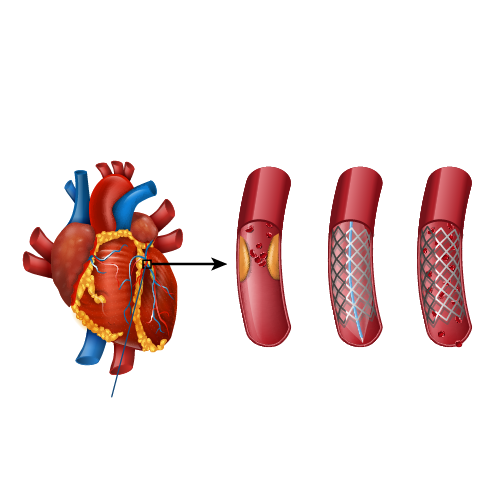
Angioplasty
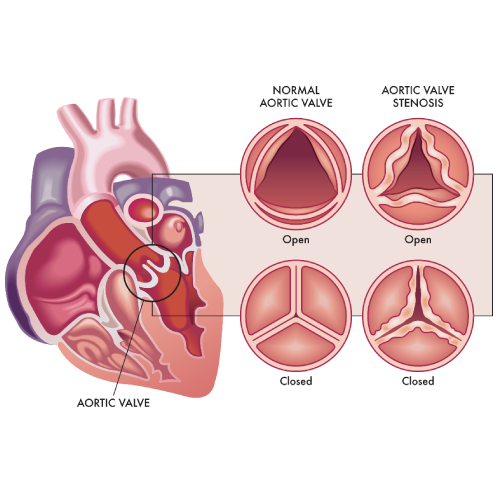
Aortic Stenosis
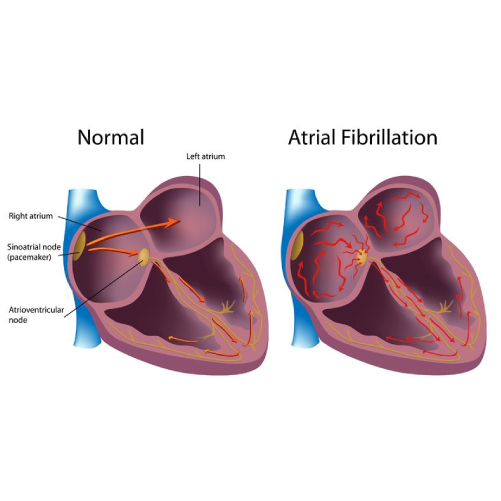
Atrial Fibrillation
